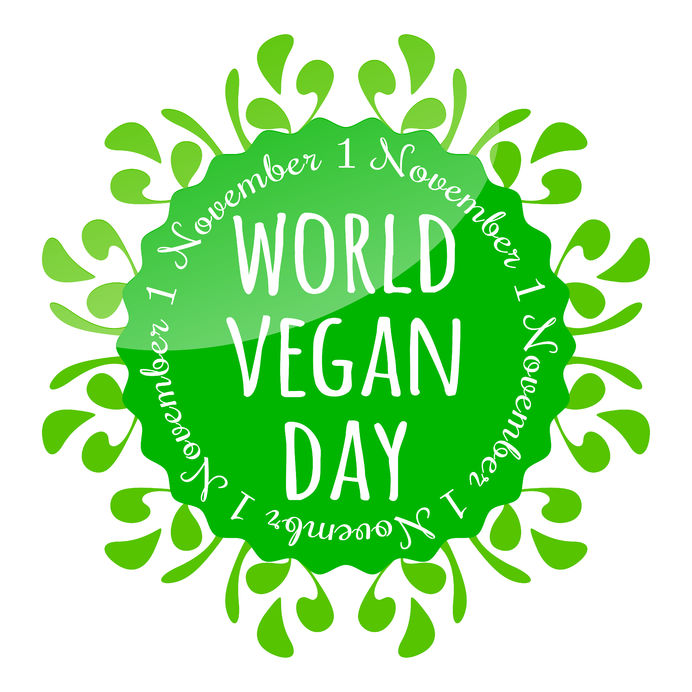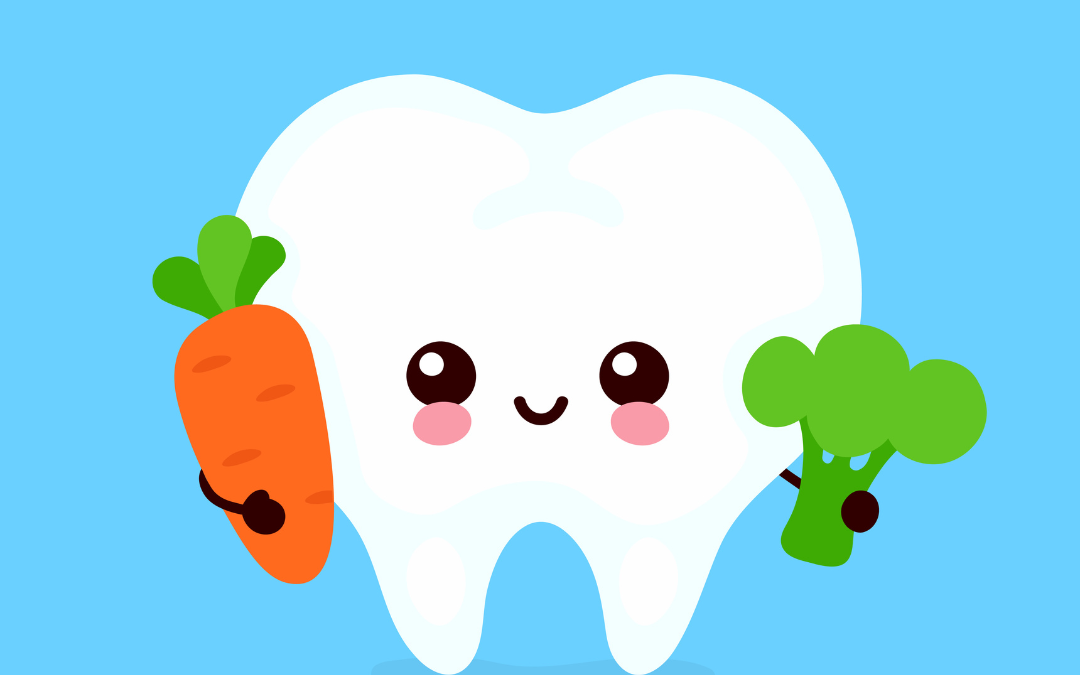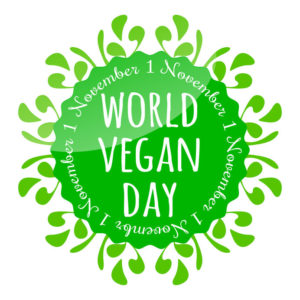World Vegan Day History
In 1944, in the UK, Donald Watson took the first and last letters of the word “vegetarian,” and created the word “vegan” to indicate being vegetarian from beginning to end – (not only not eating any animals, but also not eating any products that come from animals, not using any products that come from animals, and simply not using animals for our human purposes – true Ahimsa, “dynamic harmlessness”).
Certainly there were those who had such beliefs and lived by such committed values long before 1944, but, up until that time, there was not a single word with such meaning.
Watson entered the word into the lexicon and also registered the first Vegan Society, in Britain, on November 1, 1944.
Thus, World Vegan Day, a special annual holiday celebrating vegan living, is celebrated on November 1st each year.
It is celebrated with festivals around the country and all around the world.
What is a Vegan?
Vegetarians do not eat meat, fish, or poultry. Vegans, in addition to being vegetarian, do not use other animal products and by-products such as eggs, dairy products, honey, leather, fur, silk, wool, cosmetics, and soaps derived from animal products.
Why Veganism?
People choose to be vegan for health, environmental, and/or ethical reasons. For example, some vegans feel that one promotes the meat industry by consuming eggs and dairy products. That is, once dairy cows or egg-laying chickens are too old to be productive, they are often sold as meat; and since male calves do not produce milk, they usually are raised for veal or other products. Some people avoid these items because of conditions associated with their production.
Many vegans choose this lifestyle to promote a more humane and caring world. They know they are not perfect, but believe they have a responsibility to try to do their best, while not being judgmental of others.
Vegan Nutrition
The key to a nutritionally sound vegan diet is variety. A healthy and varied vegan diet includes fruits, vegetables, plenty of leafy greens, whole grain products, nuts, seeds, and legumes.


The Linkage Between Oral Health and Diabetes: A Comprehensive Guide (#TopicThursday)
The Linkage Between Oral Health and Diabetes: A Comprehensive Guide Maintaining good oral health is essential for one's own well-being, and it becomes even more crucial for individuals with diabetes. The relationship between diabetes and oral health is shared, with...

Floss Friday! – Effective Tips for Flossing (Sept. 15)
Floss Friday! - Effective Tips for Flossing (Sept. 15) Flossing is a crucial component of maintaining good oral hygiene. It helps remove plaque and food particles from between teeth and along the gumline, where a toothbrush might not reach effectively. Here are some...

Tuesday Topic! (Sept. 12, 2023)
Tuesday Topic! (Sept. 12, 2023) Maintaining good oral health involves not only proper dental hygiene practices but also making healthy food choices. Here's a list of foods that can promote oral health: Crunchy Fruits and Vegetables: Foods like apples, carrots, celery,...

